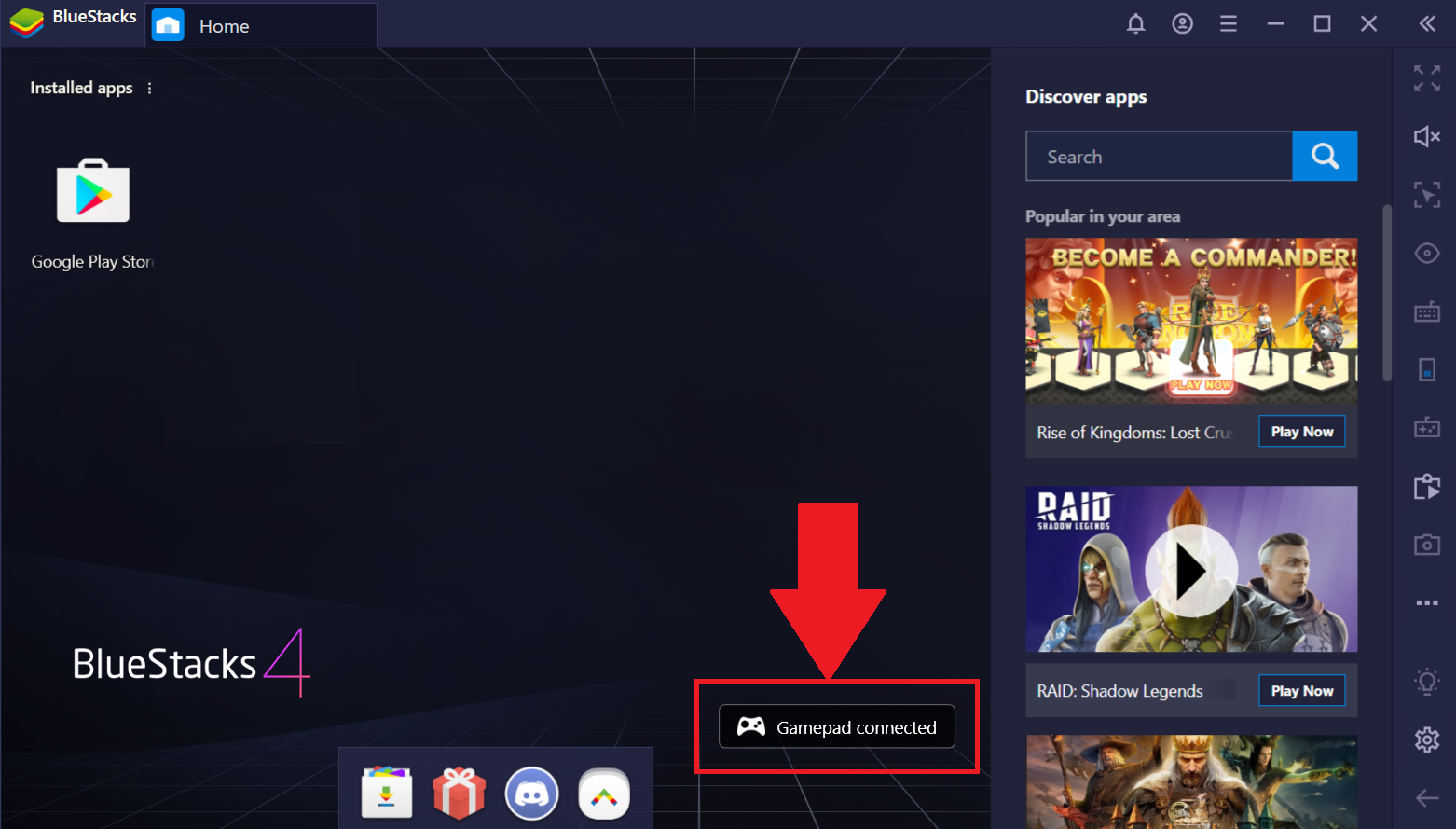
It’s a long story, with each act taking at least 10 hours to complete. Later on, you’ll play as a Chemist and family friend of Arthur’s Sally, and Ollie, a former soldier who is suffering from PTSD. Arthur’s guilt eventually causes him to be labelled a Downer, forcing him to attempt to flee the country entirely. The story is told from three different perspectives, commencing with Arthur, a former journalist turned censor tormented by memories of his missing brother, who was forcibly relocated to Germany at the outset of the occupation. You’d think a story that was added last would be the game’s weakest aspect, but it’s the only thing that saves We Happy Few from being a total disaster. We Happy Few spent a lengthy period in Early Access, and one of the major additions in that time was a central plot.

What makes the situation even more bizarre is that this aesthetic is matched by the game’s narrative.

Everyone wears masks that force their faces into a rictus grin, from the Bobbies that patrol village streets to the Doctors who skulk around trying to sniff out downers. The aesthetic is one of the most beautiful and distinctive since Dishonored, a place where chocolate-box villages connected by rainbow-streets exist in the institutional shadow of looming brutalist towers. Glancing at a screenshot, it’s difficult to believe that We Happy Few is anything but a fantastic game. Anyone who refuses to take Joy, or even questions it, is labelled a Downer, and is either entered into a re-education program or chased out of town. Citizens are mandated to regularly take a drug known as Joy, producing a sense of euphoria which makes people view the world in a kaleidoscope of rainbows and butterflies and blossoming trees. To keep the population controlled, the government of the renamed Wellington Wells has engineered a culture of enforced happiness. The game is set in an alternate past that meshes Britain’s swinging sixties with an Orwellian dystopia in which the Germans won the war. We Happy Few knows what it wants to say, and it’s capable of saying it very well. It’s basically the video game equivalent of Jacob Rees-Mogg: well-groomed and articulate, but beneath the surface it lacks any kind of integrity. But the moment you ask it to do anything of substance, it completely collapses in on itself. This smartly dressed, highly eloquent, and often charming stealth game is absolutely brimming with potential. Like a repressed British gentleman being propositioned by a lady, We Happy Few is all in a muddle.


 0 kommentar(er)
0 kommentar(er)
